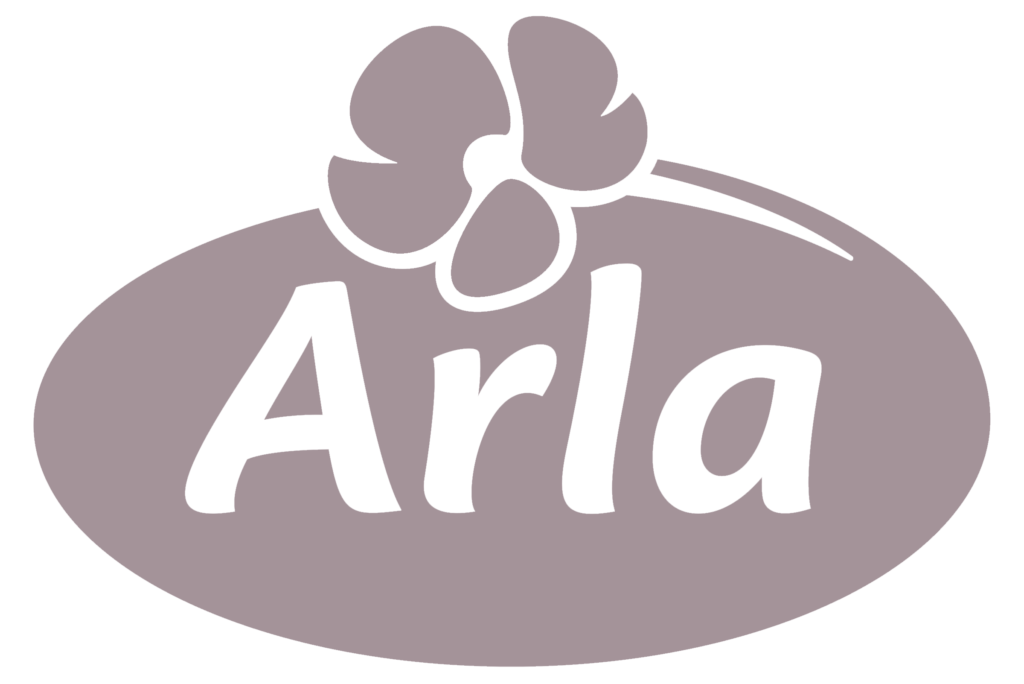Food and drink
Effective operations management in the food and drinks industry is dependent upon visibility and control of all aspects of the supply chain, from crop to consumer. In this highly competitive and dynamic environment, companies must become more agile than ever to compete. Rapid response to the changing needs of consumers is the key to success.
Challenges in the food and drink industry
A number of evolving dynamics continue to add complexity and challenges to supply chains including increasing materials costs and constrained supply of critical inputs, driven by population growth, increasing wealth and consumerisation. Seismic legislation and taxation changes aimed at altering consumer behaviour and reducing environmental impact have also been introduced in recent years.
Consumer demand has broadened with the growth of premium and fresh products at one end, and cost-conscious consumers driving the continued need for promotions and value products at the other. In addition, there has been a gradual opening up of new markets that can dramatically alter global demand, whilst also responding at home to channel pressures, including convenience retail and direct-to-consumer.
There is increasing market thirst for innovation due to health / environmental concerns and premiumisation / segmented portfolios are putting stress on NPD processes and product lifecycle management. However, increasing data availability offers opportunities to identify additional sales and faster consumer response to those who are able to analyse this data effectively.
How we can help the food and drink industry
Our role is to help our clients cut through the complexity and attain operational simplicity. We work with our clients to develop a service response that addresses all operational pressures, allowing the strategy to be delivered efficiently.
As a recognised specialist in the food and drinks industry, we have worked with some of the world’s largest food and drinks companies over many years. Through these projects we have gained valuable insight into the market dynamics under which they operate. We can help you with:
Process and controls
- Increasing sophistication of demand management processes to inform the best supply response
- Tightening the control of range management and product lifecycles
Strategies and performance
- Adopting production strategies that are efficient and flexible
- Becoming smarter at materials management and supplier performance management
Optimisation
- Establishing more effective management of key supply chain partners through more integrated and aligned ways of working
- Optimising inventory deployment throughout the supply chain
Digital solutions
- Increasing visibility and traceability through our digital solution
- Reduction of heavily manual and error prone activities through Robotic Process Automation i.e., mater data management and sales order processing
Systems and tools
- Ensuring systems support the processes of the target operating model
- Deployment of leading-edge analytical tools to generate insights and inform better decision making
Training and education
- Identifying people capability gaps and developing training and education programmes
Our approach
We apply a combination of technical expertise, operational experience and business knowledge to help our clients solve food and drink issues and deliver lasting results. Our personal and pragmatic approach, with challenge where needed, ensures buy-in at all levels of our clients’ businesses and a successful outcome. We have worked with a wide range of organisations in the food and drink industry including Mondelez International, Mars, Arla, Diageo plc, Treasury Wine Estates (TWE), Danone, Carlsberg, Moët Hennessy, SABMiller and Fonterra. Learn more about us here.










